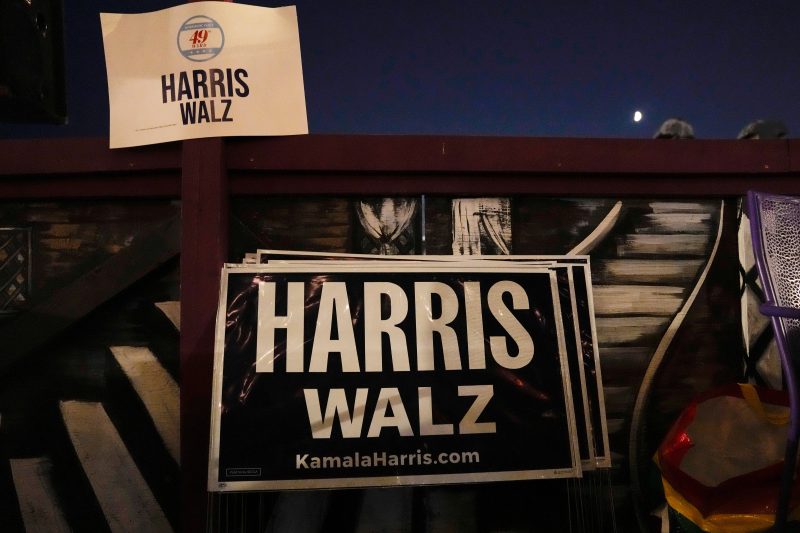In a recent statement, Sheriff Richard K. Jones from Butler County, Ohio, advised residents to take note of the addresses of homes displaying political signs supporting Joe Biden and Kamala Harris. This unusual recommendation has stirred controversy and raised concerns among citizens regarding privacy and freedom of expression.
Sheriff Jones emphasized that the purpose of documenting these addresses is to ensure public safety and protect emergency responders. However, critics argue that this approach could lead to the targeting or harassment of individuals based on their political beliefs. The intersection of political expression and law enforcement responsibilities is a delicate balance that requires careful consideration.
While it is crucial for law enforcement agencies to be proactive in identifying potential risks and ensuring the safety of the community, it is equally important to uphold the rights of individuals to express their political views without fear of reprisal. This incident in Ohio highlights the complexity of navigating these issues in a polarized political climate.
The role of law enforcement in monitoring political activities raises questions about the boundaries between public safety and individual freedoms. By encouraging residents to keep track of homes with specific political signs, Sheriff Jones has sparked a debate on the appropriate methods for ensuring security while respecting the rights of citizens.
Moving forward, it is essential for law enforcement agencies and public officials to engage in transparent communication with the community to address concerns and clarify the intentions behind such initiatives. Safeguarding both public safety and individual liberties requires a thoughtful and balanced approach that considers the diverse perspectives and interests at play in a democratic society.



























